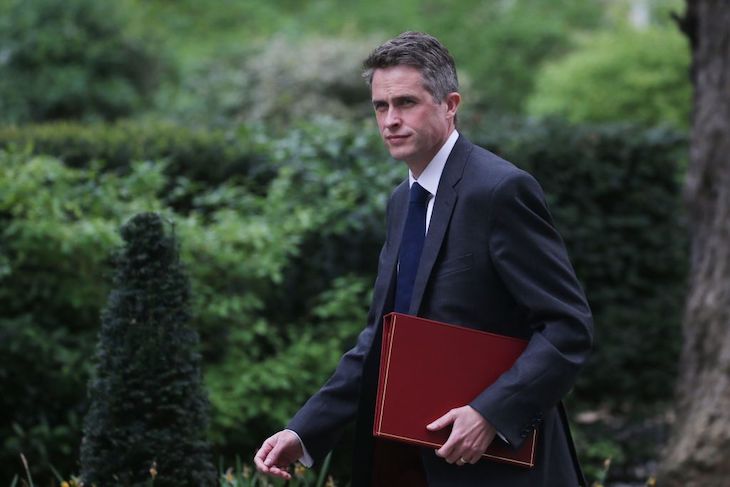Sun Tzu said that if you defend everywhere you defend nowhere. Gavin Williamson’s strategy was to attack everywhere: to send the army in against knife crime, to turn every encounter with a Russian frigate into The Hunt for Red October, to threaten to send an aircraft carrier to the China sea and — according to one civil servant — to prepare the British army to ‘invade Africa’.
Naturally, therefore, attack-minded Gavin emerged red-faced from a meeting of the National Security Council, at which May overruled a demand to ban Huawei from the UK’s comms infrastructure, and went on the attack. An attack, unfortunately, that had the same impact as the Dothraki cavalry in Game of Thrones. In a brutal defenestration, it became clear that attacking the security elite of Whitehall is not the same as winning an election in South Staffordshire.
The Huawei decision is so clearly the product of a clash between geopolitics and short-term security worries that it’s a shame the deeper issue has not been explored. Russia — our most important long-term threat — is wooing Beijing into a global alliance against the West. British strategy towards China has been to ‘hug it close’ economically and damp down any worries about human rights. But that strategy isn’t working. Trotsky used to say the British ruling class thinks in terms of ‘centuries and continents’. The Williamson affair is evidence that, at present, they are thinking in ‘weeks and leadership bids’.
This article is an extract from Paul Mason’s diary, which appeared in this week’s magazine






Comments